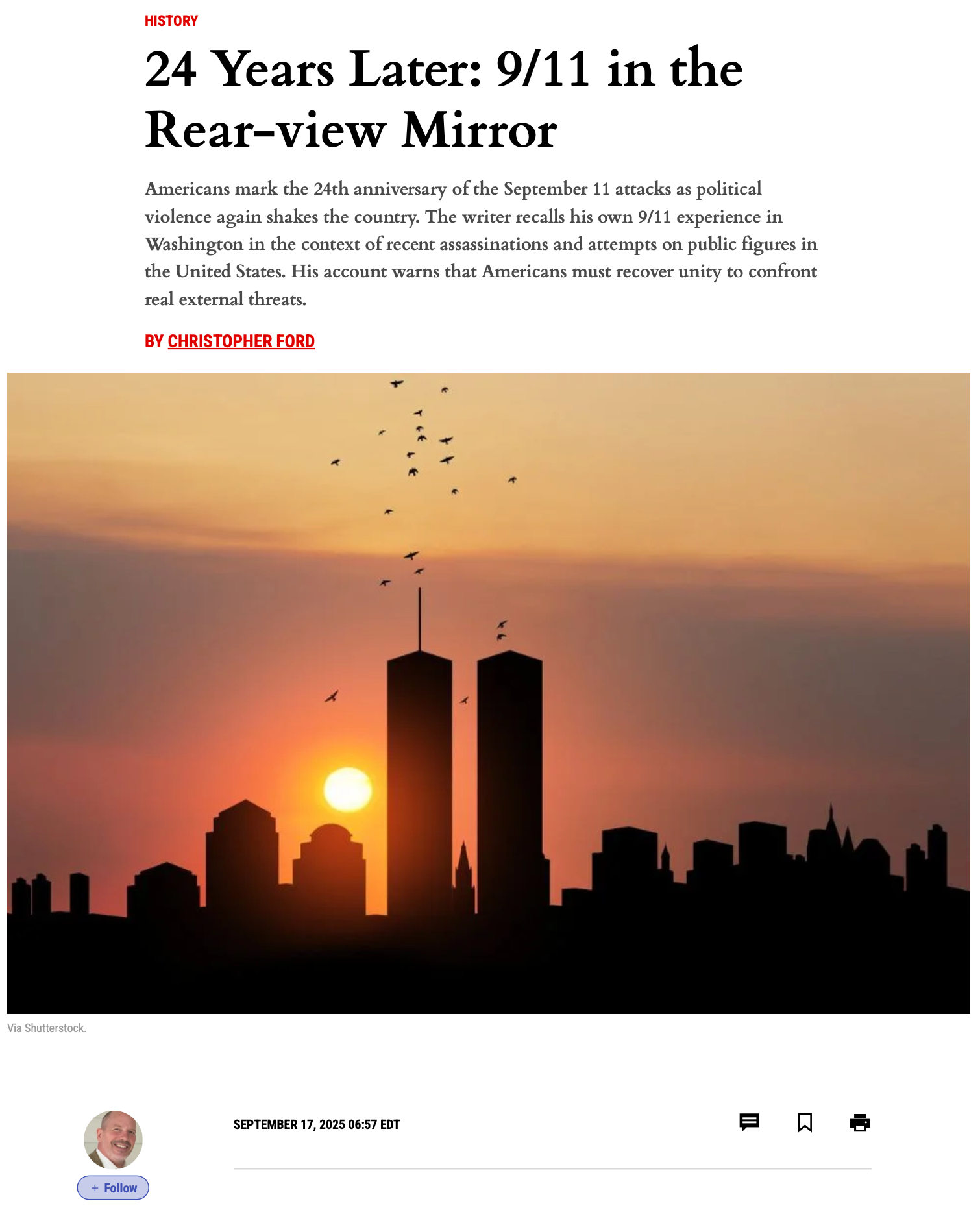FMCT Verification: “Effective” or Not?
Although it supported negotiation of a Fissile Material Cutoff Treaty (FMCT) -- and actually introduced a draft instrument at the U.N.‘s Conference on Disarmament (CD) -- the Bush Administration concluded that an FMCT could not be made “effectively verifiable.” The Obama Administration has reversed course on this, at least to the extent that it has accepted a CD negotiating mandate that requires the achievement of “effective verification.” So far, however, it has not offered an explanation of why it thinks the Bush conclusions were wrong. In the “documents and links” section of this website, you can find the Bush Administration’s official explanation for its stance. Check it out at The United States and the FMCT.pdf. I’d be interested in hearing from readers about what portions of its argument were wrong or have been vitiated by subsequent developments.
In the FMCT verification debate that’s brewing in Washington, hawks seem to think the Bush conclusion stands unrebutted, and will be waiting for the Obama Administration to twist the arms of the government’s verification experts -- who now report to Obama’s arms-negotiator-in-chief Rose Gottemoeller, who will be involved in negotiating the treaty about the verifiability of which it will also be her statutory duty to report to Congress -- into manufacturing reasons for the volte face. The hawks fear that the whole substantive exercise of verification will be turned into a political game of verification pretense, in which whatever half-measures that can be negotiated will be declared “effective verification.” For its part, the arms control left seems to think the Bush conclusions were themselves so “political” -- the result of a reflexive hatred of the arms control process and diplomatic multilateralism -- that they scarcely need to be refuted.
What we haven’t seen much of yet is a real debate on FMCT verification. Some fear that if this notion is taken seriously, achievement of an FMCT will be more difficult and distant than ever. (Indeed, there are signs that India and Pakistan are already posturing themselves for a diplomatic war of reciprocally-unacceptable “verification” proposals.) On the other hand, if it is not taken seriously, we could end up with an empty shell of a treaty that seems to meet an important global security need but in fact does not. At least the Bush proposals, it was argued at the time, were honest about what could not be done -- and thus were said to avoid creating a false sense of security while still establishing a norm of not producing fissile material for nuclear explosive purposes.
What does “effective verification” mean, anyway? As articulated by U.S. arms negotiator Paul Nitze in the 1980s – while negotiating the Intermediate Range Nuclear Forces (INF) Treaty – the concept of “effective verification” means that “if the other side moves beyond the limits of the treaty in any militarily significant way, we would be able to detect such violation in time to respond effectively and thereby deny the other side the benefit of the violation.” Thereafter, during the negotiations on the Strategic Arms Reduction Treaty (START), Secretary of State James Baker added the qualification that effective verification also entails being able to detect “patterns of marginal violations that do not present immediate risk to U.S. security.” This so-called Nitze-Baker standard is the closest thing apparently ever offered to an “official” litmus test for effective verification.
I’m of the view that this standard presents special problems to advocates of complete nuclear disarmament, for Nitze’s original threshold of “military significance” surely arrives essentially immediately when you’re talking about whether a country has any nuclear weapons in a world from which all other such devices have been eliminated. This is why “effective verification” of a full-up disarmament convention would be such an enormous stumbling block.
But that’s disarmament. What about FMCT? My guess is that the answer should probably vary. If an FMCT were limited to the eight or so countries believed today to possess nuclear weapons, you might have a fighting chance at “effective verification,” at least as long as force levels were not drastically lower than they are today. Why? Because the uncertainty that would likely be inevitable in verifying the absence of any fissile material production for nuclear explosive purposes could arguably be set against the fact that a few weapons here or there wouldn’t make too much difference among states already possessing significant arsenals. (If China has, say between 200 and 300 weapons today, for instance, it wouldn’t entirely upend the strategic balance for Beijing secretly to amass material for an additional 30.)
Things would probably be different, however, for the global, universal FMCT that the U.N.’s Conference on Disarmament (CD) seems to wish to achieve. Such a universal instrument would sweep in great numbers of non-possessor states -- for whom even uncertainty over one or two nuclear weapons’ worth of material starts to sound quite significant indeed. (Here’s a test for you: Does anyone think it irrelevant whether or not Iran possesses enough highly-enriched uranium to make into a bomb?)
If this analysis is right, the CD has thus taken a rather foolish course: it has chosen to pursue FMCT in a way that would make “effective verification” maximally challenging, while at the same time now insisting upon a negotiating mandate that requires its achievement. This is why I think the Obama Administration’s gleefully Bush-repudiating “concession” on the negotiating mandate probably makes a treaty more difficult to achieve and more distant than ever -- at least if Washington takes verification at all seriously. Is there any way to crack this verification nut that doesn’t simply entail having make-believe solutions command-directed by senior political leaders in order to prevent the FMCT’s verification agenda from collapsing under its own weight?
I invite comments and discussion -- which should be sent to me at [email protected].
-- Christopher Ford







